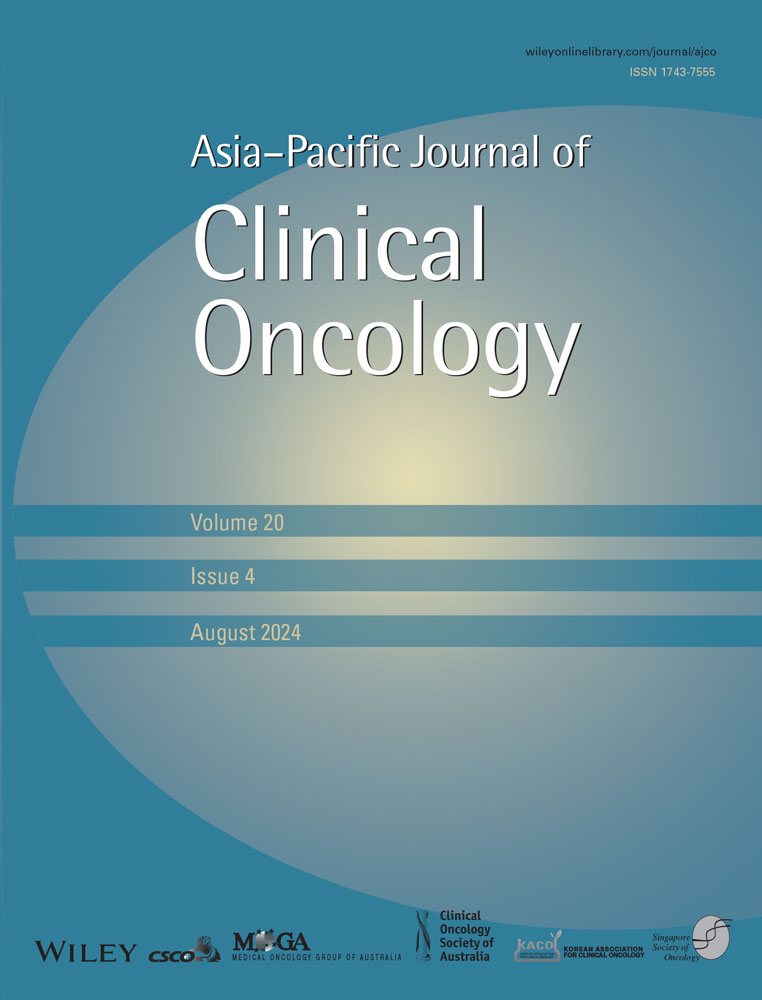eviQ Cancer Treatments Online: Providing evidence-based information to improve cancer patient outcomes
Abstract
Aim
To understand the current usage of eviQ Cancer Treatments Online (www.eviQ.org.au), an Australian, open-access website providing evidence-based and consensus-driven cancer treatment protocols and information, and the extent to which it is meeting its intended outcomes and providing value to its users.
Methods
A mixed-method evaluation was conducted in 2020−2022 which included a review of key program documentation and website usage data, and delivery of a focused online survey to its users.
Results
In 2022, 329 clinicians representing all Australian states and territories contributed to eviQ content development and review. eviQ content continues to grow with a 15.2% increase in total content from 2019 to 2022.
eviQ website users continue to grow with 90,000 total monthly users in 2022, representing a 166% increase from 2018. The proportion of international users compared to Australian users continues to grow with 57% of total users in Australia and 43% international in 2022.
Of 466 survey responses, the most cited reason for eviQ use was for information on side effects/toxicity (67%). Ninety-three percent (93%) of respondents either agreed or strongly agreed that eviQ contributed to both health professionals providing the best evidence-based treatment and care and improving the standardization of treatment and care provided.
Conclusion
eviQ is embedded in Australian clinical practice, highly valued, and relied upon by users. Users agree that eviQ has a positive impact on patients by supporting the delivery of evidence-based treatment and that eviQ contributed to patients’ improved health outcomes and quality of life. eviQ's increasing international usage should be explored.
CONFLICT OF INTEREST STATEMENT
Julia V. Shingleton, Aisling P. Kelly, Cynthia L. Lean, and Shelley A. Rushton are current employees of the Cancer Institute NSW and work on the eviQ program. Brooke W. Stapleton is a current employee of the Cancer Institute NSW and conducted the data analysis in her former role as Program Lead, Evaluation and Planning at Cancer Institute NSW. Professor Tracey A. O'Brien is Chief Executive Officer, Cancer Institute NSW and Chief Cancer Officer. Professor Robyn L. Ward is contracted to the Cancer Institute NSW as eviQ Scientific Director and is Chair of the Medical Services Advisory Committee of Australia (MSAC).
Open Research
DATA AVAILABILITY STATEMENT
Data pertaining to this study are available from the authors upon request.




